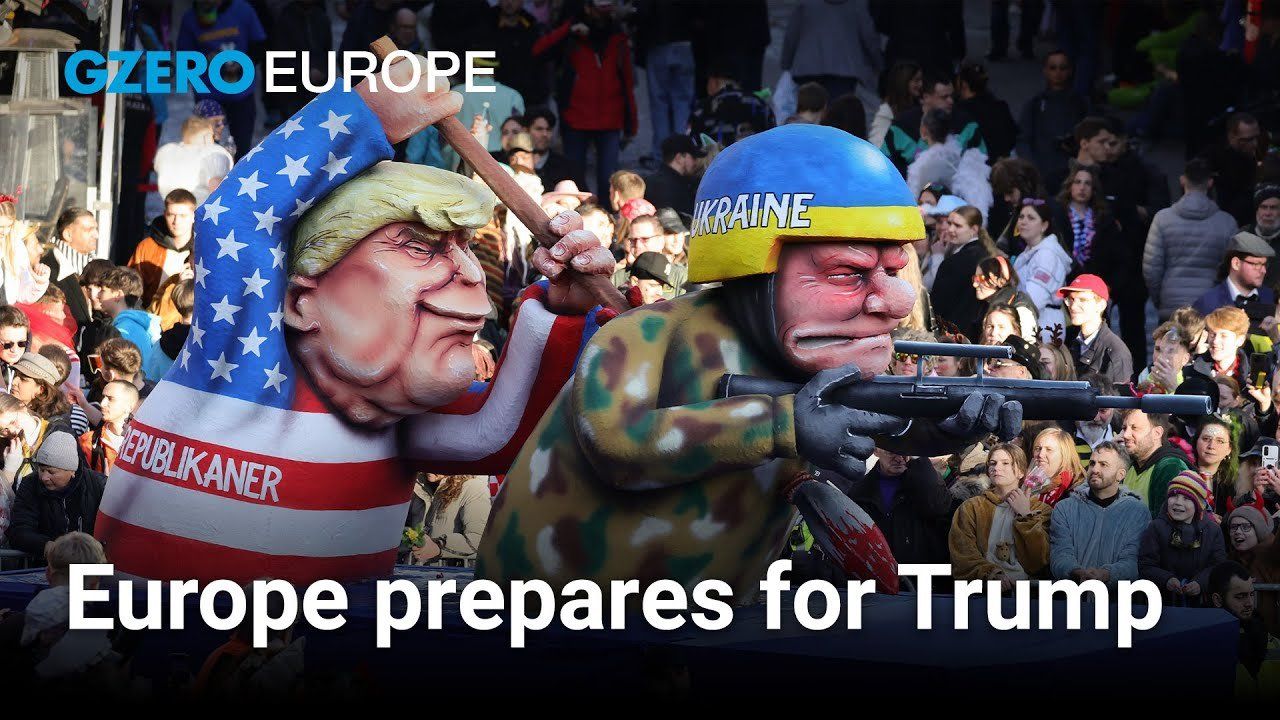November 19, 2024
Carl Bildt, former prime minister of Sweden and co-chair of the European Council on Foreign Relations, shares his perspective on European politics from Delhi, India.
Is Europe prepared for a Trump presidency?
And that's of course the big issue around every capital of Europe. There are two major issues and concerns.
One of them, obviously, the Russian war against Ukraine. What will be the US policy? Trump has promised to make peace within 24 hours. That's not going to happen. Putin is determined to continue this particular war. What would be the consequences then? Is Trump going to throw Ukraine under the bus, abandon support and thus abandon de facto concerns for the security of Europe? How would Europe react to that big issue?
Second big issue, tariffs. Trump has said that tariffs is the word that he loves most of all words. And he said that he's going to impose 10, 20% tariffs on all imports and far more on imports, of course, from China. That's going to have hugely negative effects for the global economy, also for the European economy, US economy and everyone else. What's going to be the European reaction to that? Counter tariffs or trying to line up with other global trade actors to preserve as much as we can, open up a big global trading system? Huge issues. No answer until by January 20th we know what the Trump administration is going to do. One conclusion, fairly obvious; we better buckle up.
From Your Site Articles
- How Trump shook up American democracy — & nearly severed ties with Europe ›
- How will Trump 2.0 approach foreign policy? ›
- Europe's reaction to US election win: Gloom and despair ›
- Europe plans for Putin & Trump 2.0 ›
- How Trump forced Europe's hand on Ukraine - GZERO Media ›
- What Trump's return means for Europe, with Finnish President Alexander Stubb - GZERO Media ›
More For You
41.5%: The proportion of Havana’s garbage trucks that were operational this month, according to state-run media, as Cuba’s fuel crisis prompts a garbage crisis.
Most Popular
- YouTube
Sovereignty has become one of the most powerful, and least defined, words in tech policy. At the 2026 Munich Security Conference, SAP global head of government affairs, Wolfgang Dierker, explains why governments and enterprise customers are demanding more control over their data, cloud infrastructure, and AI systems amid rising geopolitical uncertainty.
- YouTube
On the sidelines of the 2026 Munich Security Conference, Annemarie Hou, Executive Director of the United Nations Office of Partnerships, joined Tony Maciulis to discuss the power of women leaders in global decision-making.
Security in a fragmented world: Cyber deterrence, NATO reform & the future of trusted tech
Feb 14, 2026
- YouTube
In a new Global Stage livestream from the 2026 Munich Security Conference, New York Times White House and national security correspondent David Sanger moderates a conversation with Ian Bremmer (President & Founder, Eurasia Group and GZERO Media), Brad Smith (Vice Chair & President, Microsoft), Benedetta Berti (Secretary General, NATO Parliamentary Assembly), and Wolfgang Dierker (Global Head of Government Affairs, SAP) on how technology and defense are colliding in real time.
© 2025 GZERO Media. All Rights Reserved | A Eurasia Group media company.
